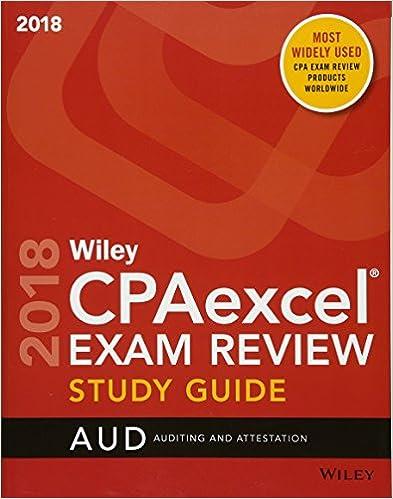Question
Question 6 1 pts The context clues in the passage suggest that the best definition for comparative is? History is one of the chief sources
The context clues in the passage suggest that the best definition for comparative is?
History is one of the chief sources of data for political scientists. When we discuss the politics of the Third French Republic (18711940), the growth of presidential power under Franklin Roosevelt (19331945), and even something as recent as the Cold War (19471989), we are studying history. But historians and political scientists look for different things and handle data differently. Typically, historians study one episode in detail, digging up documents, archives, and news accounts on the topic. They have masses of data focused on one point but venture few or no generalizations. Political scientists, on the other hand, begin by looking for generalizations. We may take the findings of historians and compare and contrast them. A historian might do a detailed study of Weimar Germany (19191933); a political scientist might put that study alongside studies of France, Italy, and Russia of the same period to see what similarities and dissimilarities can be found. To be sure, some historians do comparative studies; they become de facto political scientists.
(from Political Science: An Introduction, Chapter 1)
The tone of the passage would be described as?
History is one of the chief sources of data for political scientists. When we discuss the politics of the Third French Republic (18711940), the growth of presidential power under Franklin Roosevelt (19331945), and even something as recent as the Cold War (19471989), we are studying history. But historians and political scientists look for different things and handle data differently. Typically, historians study one episode in detail, digging up documents, archives, and news accounts on the topic. They have masses of data focused on one point but venture few or no generalizations. Political scientists, on the other hand, begin by looking for generalizations. We may take the findings of historians and compare and contrast them. A historian might do a detailed study of Weimar Germany (19191933); a political scientist might put that study alongside studies of France, Italy, and Russia of the same period to see what similarities and dissimilarities can be found. To be sure, some historians do comparative studies; they become de facto political scientists.
(from Political Science: An Introduction, Chapter 1)
The purpose of the passage is?
History is one of the chief sources of data for political scientists. When we discuss the politics of the Third French Republic (18711940), the growth of presidential power under Franklin Roosevelt (19331945), and even something as recent as the Cold War (19471989), we are studying history. But historians and political scientists look for different things and handle data differently. Typically, historians study one episode in detail, digging up documents, archives, and news accounts on the topic. They have masses of data focused on one point but venture few or no generalizations. Political scientists, on the other hand, begin by looking for generalizations. We may take the findings of historians and compare and contrast them. A historian might do a detailed study of Weimar Germany (19191933); a political scientist might put that study alongside studies of France, Italy, and Russia of the same period to see what similarities and dissimilarities can be found. To be sure, some historians do comparative studies; they become de facto political scientists.
(from Political Science: An Introduction, Chapter 1)
The pattern of organization for the passage is?
What is nursing? The short answer is helping those who are sick or injured. However, nursing is much more complex and wide-ranging than that short definition. Long-time nurses might explain nursing in the following ways. Nurses do not just care for the ill. They often provide comfort and care to the families of those who are sick or injured. They often do this by keeping families informed and offering encouraging words. Nurses do not just dole out medicines. They are trained professionals who must monitor the serious effects of all types of medicines and how patients are responding to them. Nurses are not simply caretakers for those who are hospital-bound. They are advocates for patients who may be too ill to speak themselves. They do this by reporting on their patients conditions to doctors and lead nurses. Nursing, as you have read, is much more than helping those who are sick or injured.
Which of the following can help determine the pattern of organization for the passage?
What is nursing? The short answer is helping those who are sick or injured. However, nursing is much more complex and wide-ranging than that short definition. Long-time nurses might explain nursing in the following ways. Nurses do not just care for the ill. They often provide comfort and care to the families of those who are sick or injured. They often do this by keeping families informed and offering encouraging words. Nurses do not just dole out medicines. They are trained professionals who must monitor the serious effects of all types of medicines and how patients are responding to them. Nurses are not simply caretakers for those who are hospital-bound. They are advocates for patients who may be too ill to speak themselves. They do this by reporting on their patients conditions to doctors and lead nurses. Nursing, as you have read, is much more than helping those who are sick or injured.
Step by Step Solution
There are 3 Steps involved in it
Step: 1

Get Instant Access to Expert-Tailored Solutions
See step-by-step solutions with expert insights and AI powered tools for academic success
Step: 2

Step: 3

Ace Your Homework with AI
Get the answers you need in no time with our AI-driven, step-by-step assistance
Get Started


